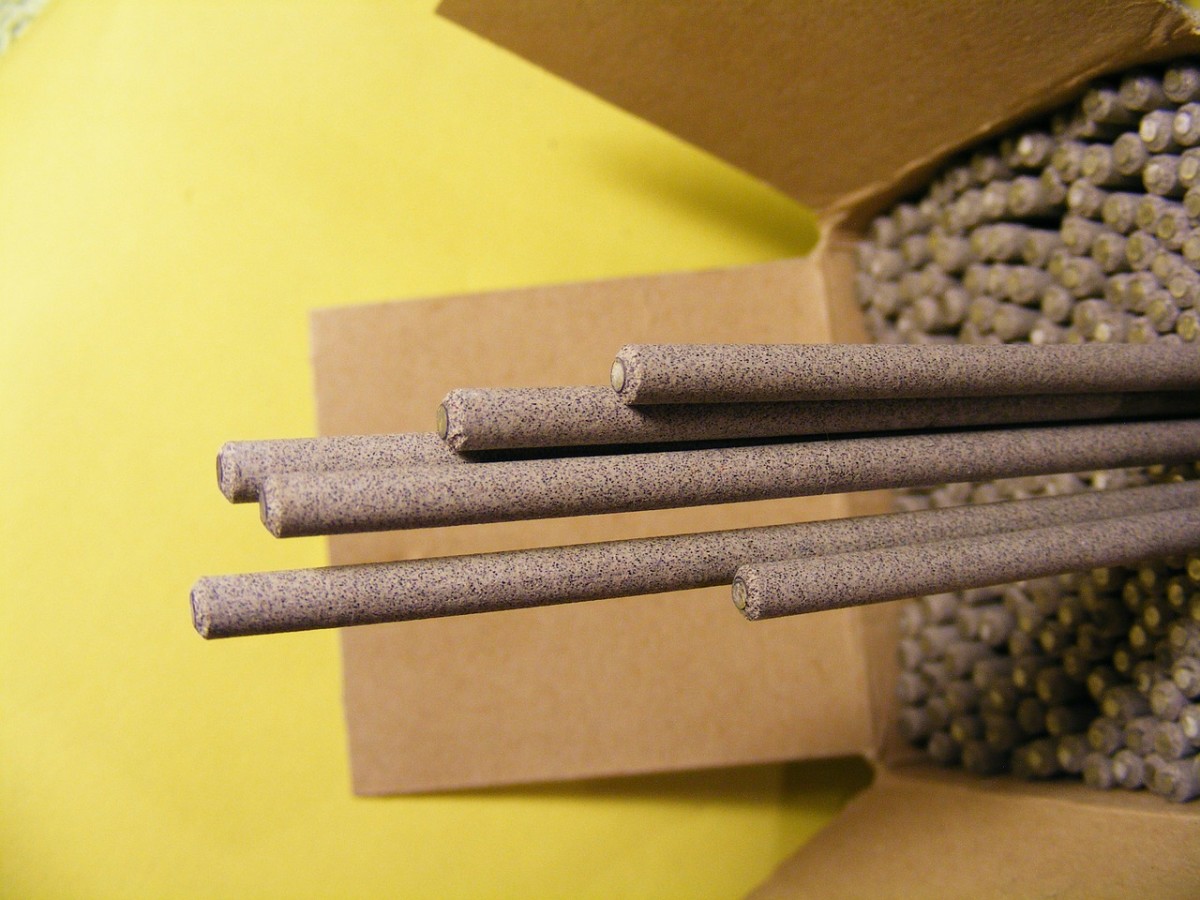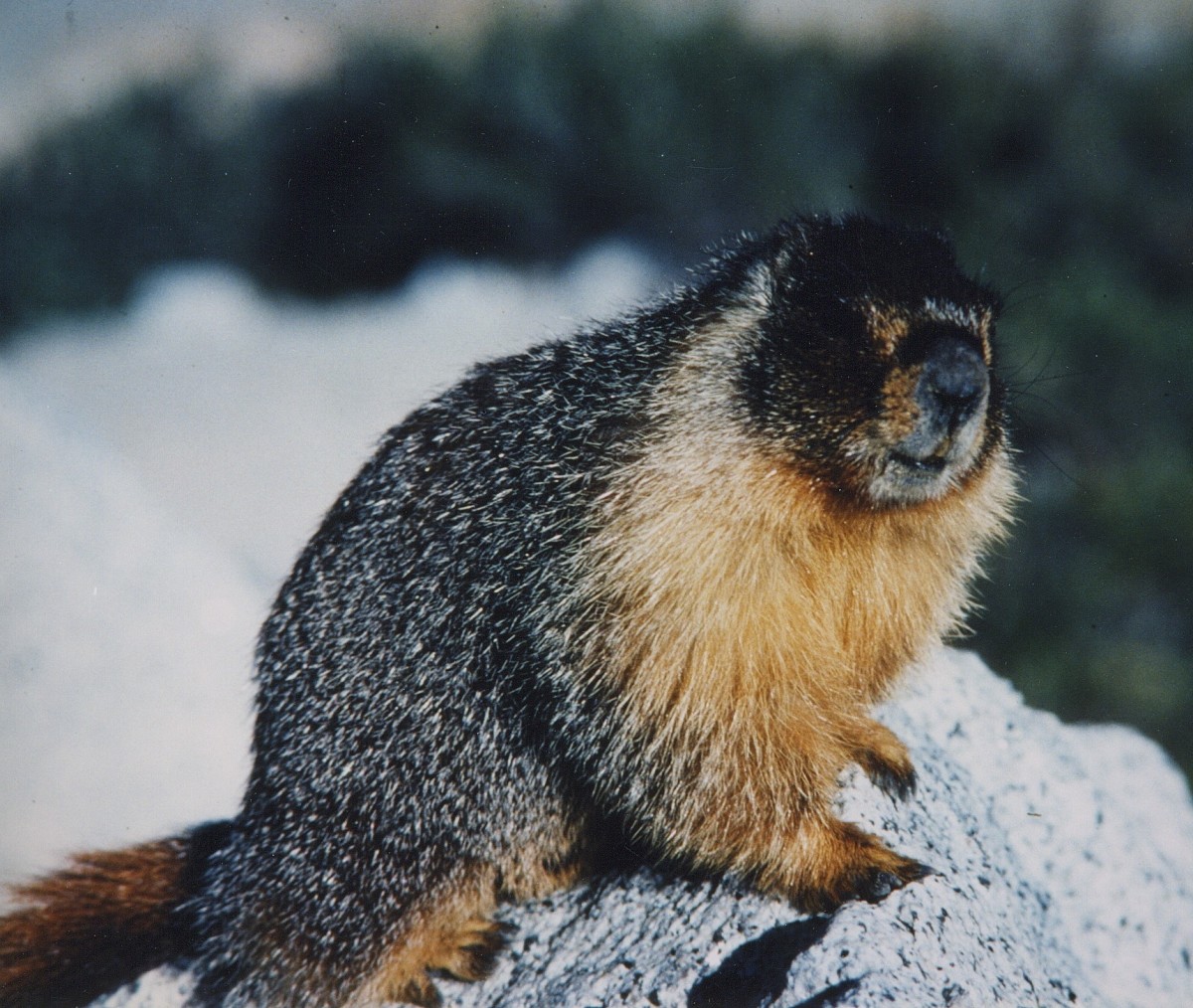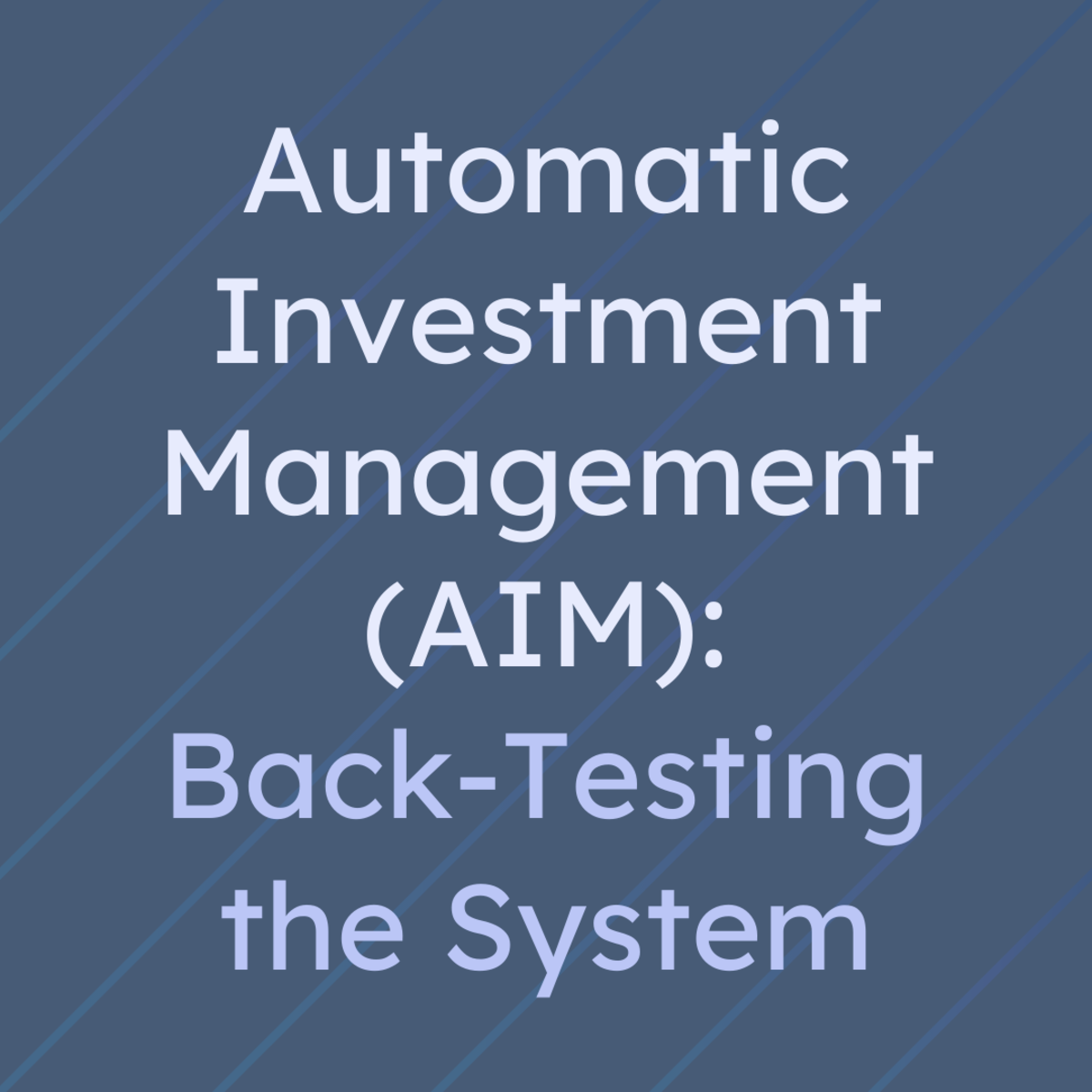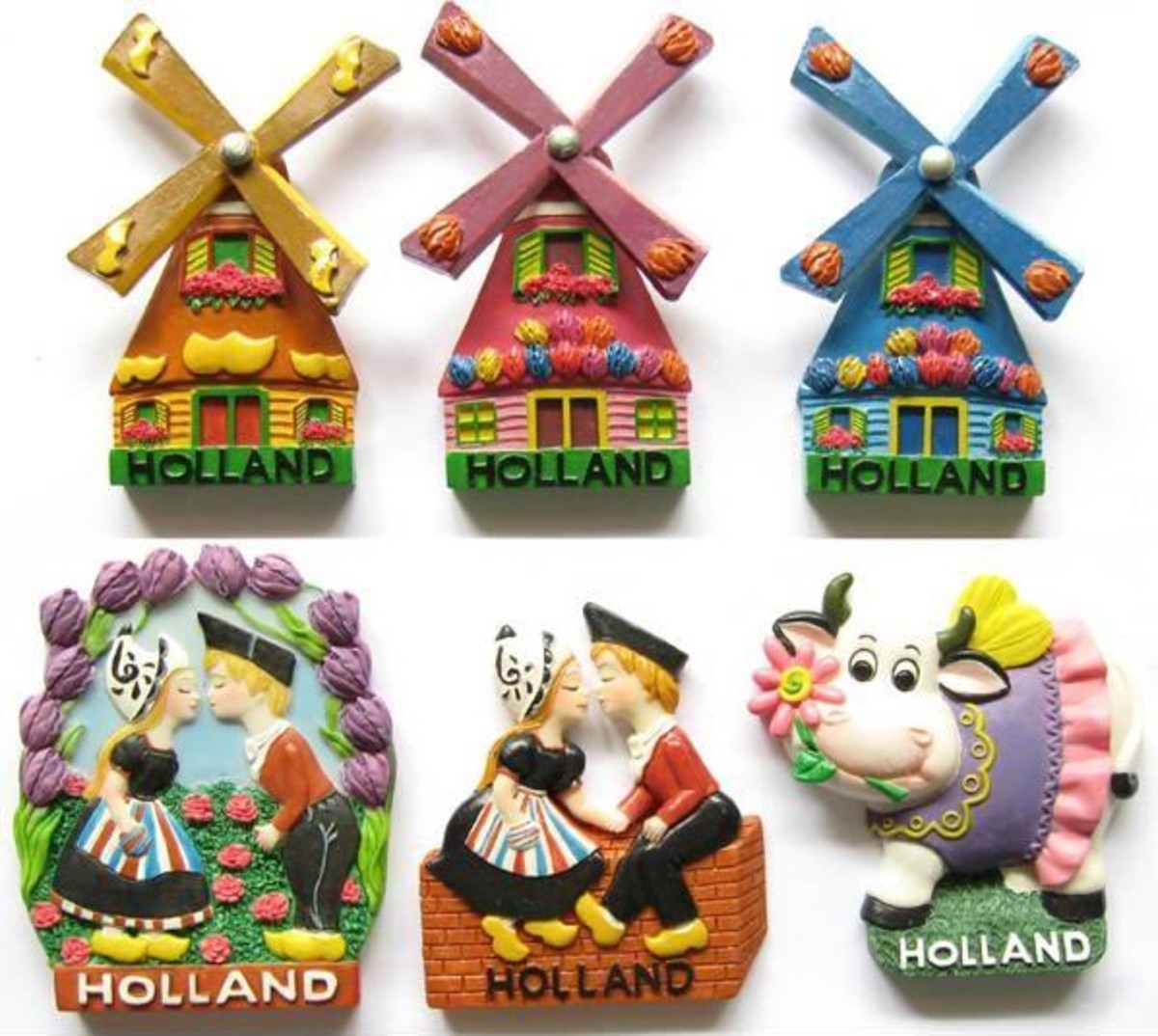Types of Small Farms
Do you know that you want to start a small farm, but aren’t sure where to begin? There are many things that you can do on a small farm or hobby farm to make a living or just to provide food and additional income for your own family. Before you start any small business, however, it is a good idea to explore all of the aspects of the project, beginning with start up costs and ending with the costs associated with selling the end product.
The following are just a few ideas of the types of small farm businesses you may want to get involved with:
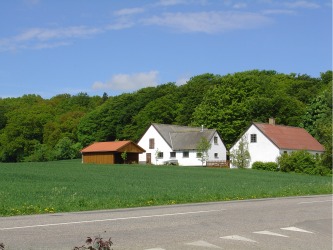
Bee keeping – Bee keeping has low start up costs since the bees, hives and equipment are inexpensive. It can be time intensive during the warmer months, but the bees hibernate in the winter. If you choose to sell your honey you will make a good return on your investment.
Christmas trees – Starting a Christmas tree farm has low start up costs since the trees are inexpensive when purchased in large quantities. The time it takes to plant them will vary, depending on the amount of acreage you intend to use. After they are planted you won’t spend much time tending them with the exception of the occasional shaping of the trees. It will be 5-7 years before the trees are large enough to sell.
Dairy goats and meat goats – The cost of buying goat stock is low, usually between 25-75 per animal. They require little acreage and a building to sleep in during cooler months. Excess goat milk can be sold at cheese factories or you may go into business and sell cheese or milk yourself. Meat goats are the new popular white meat and command good prices at market.
Fruit – Fruit trees are an expensive investment and require quite a bit of care initially. There are many pests that can decimate your fledgling orchard before they ever take root. Despite the intensive care required during their first year, the return on the investment can be good if you choose to sell bumper crops at roadside stands or at farmer’s markets. Examples of fruit that can be sold in local markets include apples, peaches, mulberries, pears and plums.
Lumber – Buying tree seedlings for lumber is inexpensive when they are purchased in large quantities. Planting hardwoods such as cherry and black walnut can be a wise investment with little labor involved after the initial planting of the seedlings. These trees are usually not harvested for 10-20 years after they are planted. The longer the boards are that result from the harvested trees, the higher the return on your investment.
Maple Syrup – Maple trees are very inexpensive to buy when they are seedlings. They require little care and present few problems until they are big enough to start harvesting syrup. After you begin harvesting syrup you will need additional equipment such as a sugar shack, boiling equipment and containers for the resulting syrup. Additionally, some maple syrup harvesters simply sell their sap to producers and therefore only need the collection equipment.
Miniature beef cattle – A new way for people with not much acreage to enjoy the beef cattle business. These animals are miniature versions or their larger counterparts (Angus and Herfords). They are expensive to buy, costing approximately $2,000 or more while calves. The animals require a building to rest in during hot or cold months and vet care may be expensive. However, you can expect a good return on your investment when you sell them.
Pigs – Pigs are inexpensive to purchase as piglets, usually between $25 to $50 each. The animals require a building to keep them cool during the hot months and to protect them in the winter months. They don’t require a lot of room and you can expect to sell them for about $150 to $300 per pig or have them butchered for your own consumption.
Poultry – Purchasing poultry is very inexpensive, usually between $1.50 to $5.00 per bird, depending upon the breed (peacocks are the exception, costing upwards of $25 per chick and much more for juvenile and full grown birds). Poultry can be raised for meat, eggs or even to collectors of unique birds, such as peacocks. The feed for the animals is also inexpensive - a 50 pound bag of crumbles, flock raiser or scratch feed ranges from $13-$20. They require housing that includes a fresh water source and nests; they do not need to be kept out side unless you want to raise free range chickens. However, certain birds like turkeys, guineas or peacocks require protective housing during the winter months in colder climates and in areas where their predators are found.
Replacement dairy heifers – Dairy heifer calves can be purchased for around $100 to $200, depending upon the breed. They will require draft free housing, but their feed is usually inexpensive. Vet care is usually minimal when the animals are properly cared for. Replacement heifers are usually sold before they reach 2 years of age, either before or after they have been bred. They can be sold for upwards of $1200 per heifer if they have received excellent care.
Vegetables – A great hobby or moneymaker, depending upon how much time and effort you want to put into the endeavor. Gardens usually need minimal space if planned well. Irrigation equipment, trellises, stakes, raised beds and pesticides (organic or otherwise) are the usual investments. A good return on your investment can be made if you sell bumper crops at a roadside stand or farmer’s market. Popular items at farmer's markets include garlic, unique lettuce varieties, tomatoes, peppers and bunches of herbs not easily found in the local grocery store.
Of course, you may start your small farm with the intention of just providing enough eggs, meat or fruits and vegetables for your family. However, once the small farm bug has bit someone, they usually find a way to market excess products to put more money in their pockets.
The size and scope of your small farm is dependent upon how much money you have to invest, the time you have to spend on your farming activities and the expected return (if any) on your investment.
Small Farm and Hobby Farm Resources
- Hobby Farms, Livestock & Pets, Crops & Gardening, Home & Barn
Livestock & Pets, Crops & Gardening, Home & Barn - American Small Farm Magazine
- WSU Extension Small Farms Team
- Small Farms - Homesteading - Small Farm Tips
Learn how to start and maintain your small farm or homestead in the country, suburbs -- even the city. Homesteading, farm animal care, keeping chickens, growing vegetables for food, growing crops, fencing and farm infrastructure, urban and suburban h - Small Farms and Alternative Enterprises from University of Florida
- Small Farmer's Journal


